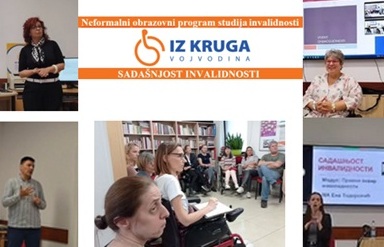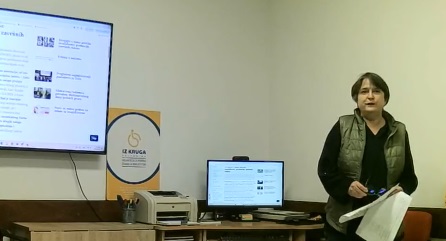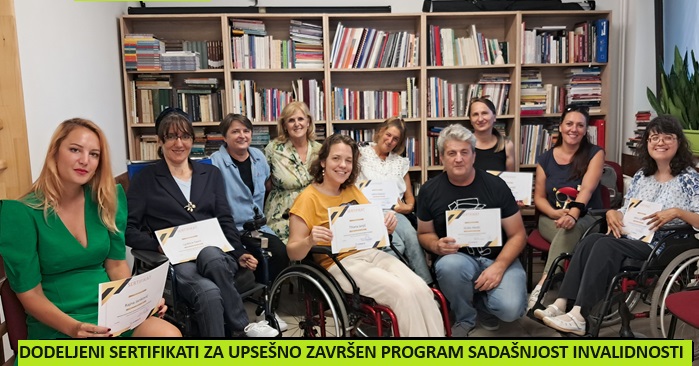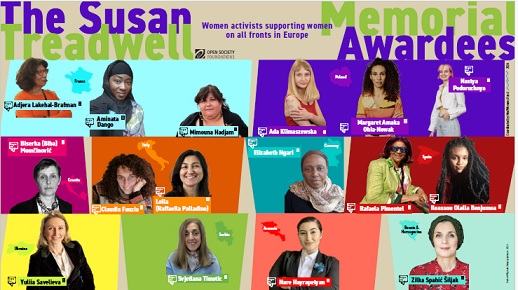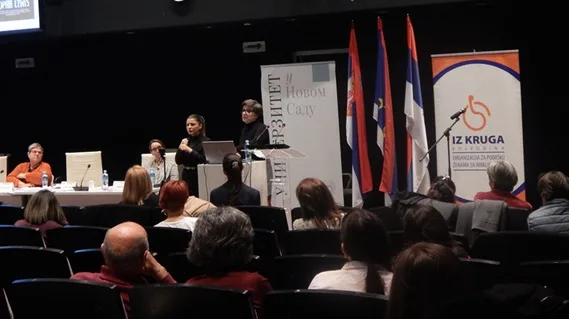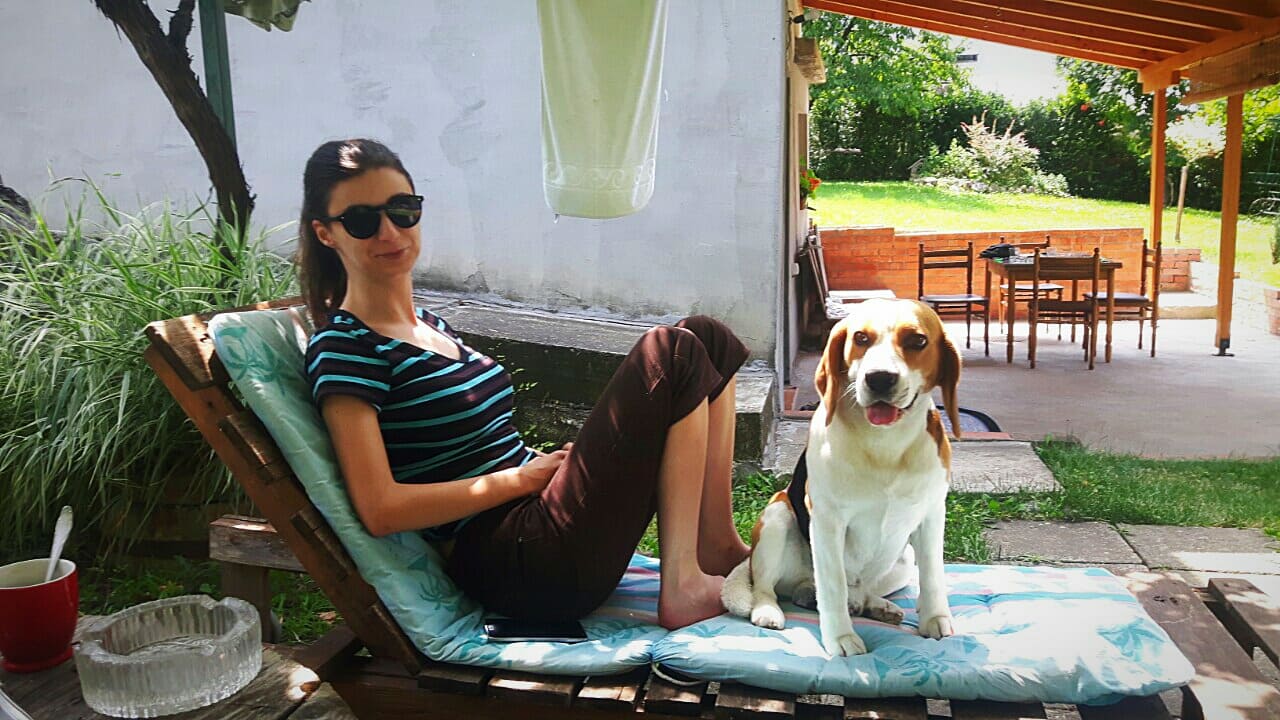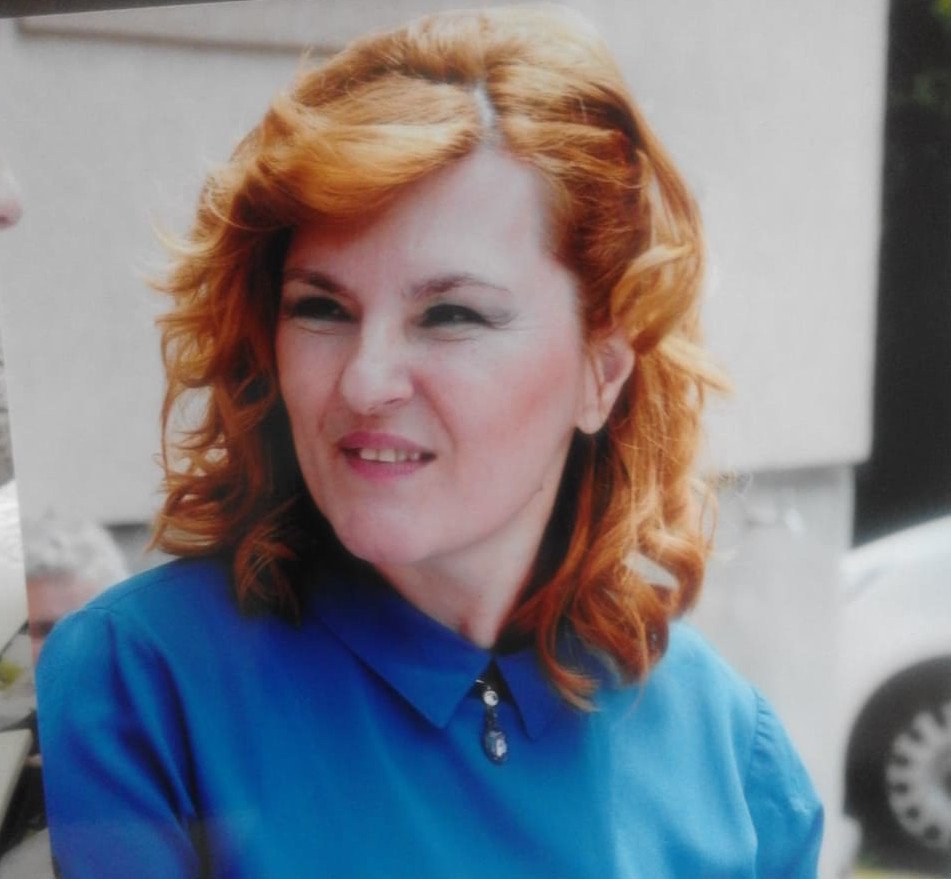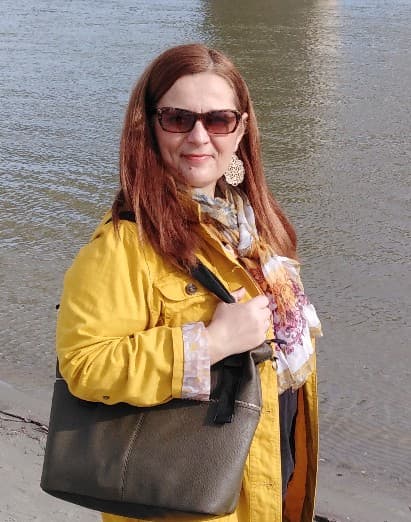We asked women with disabilities what their daily life looks like during the pandemic. What they go through from morning to evening, what activities keep them busy, what do they talk about with themselves or other members of the household, what changed in their daily routine, what are their greatest obstacles under the new circumstances and how do they overcome them, what aspects of their characters help them or make it more difficult to cope with the situation, what are their sources of support, is there a good side to what is going on, what new things have they discovered about themselves during the state of emergency, how does the isolation affect their relations with others, what makes them angry, are their days in isolation too long or too short, what is the first thing they will do when this is over…? This is how the instant column Quarantine Notes on the Disability Portal came to be. Below are the notes of Irena Stojiljković, graduate defectologist and psychotherapist under supervision, trained for work with children and adults with disabilities and their families.
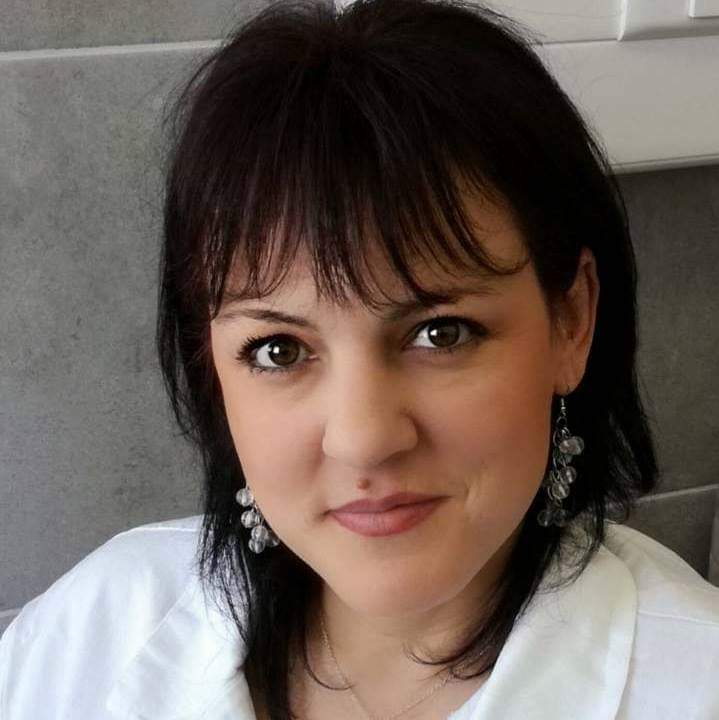
I am busy, I go to work every morning, I work in the healthcare sector and I am in contact with a lot of people. Everything that is happening does affect me, I am worried, but I am doing everything to protect myself and protect others from myself. It is normal to be scared, to be confused, nervous and irritable. We shouldn’t blame ourselves for feeling the way we do or pretend we’re stronger that we really are. Feelings like sadness, fear and pain go away faster if we let ourselves feel them and if we work on them. When we keep these feelings in, ignore or suppress them, they can cause problems. We can all take care of ourselves and our health, as well as the health of others. I’ve learnt to recognize what I can control and what I can’t. I focus my attention on the things I can do something about and respect all the prescribed protection measures.
I’ve made a clear daily structure that supports my physical and mental health. I follow my interests and I do what relaxes me. I am a member of a family of three, with my husband and ten-year-old child. We divided household chores among the three of us. We spend our time together during the evenings: we play board games, talk, we watch interesting shows on television or funny videos on Youtube. Every other day from nine to eleven in the evening, I volunteer as a psychotherapist and provide psychotherapeutic support via text messages and e-mail.
I have a hearing impairment; I communicate by speaking and lipreading. My greatest challenge in the current situation is communication with people wearing a mask, because I can’t read from their lips. I don’t know sign language, so all I’m left with is written communication. It’s also difficult for me to follow online group psychotherapy trainings. This frustrated me at first, but I got used to it now and found a way to communicate with others. People I’ve encountered so far, were always ready and willing to help. They usually have patience and communicate with me through writing. During the psychotherapy training, if I didn’t understand a part or I didn’t manage to lipread, other students send me messages using Viber. I have all the support I need. There is an alternative way for everything. This is a state of emergency, but it will pass.
Teams in which Irena provides support during the state of emergency:
- Free psychological support of the Serbian Union of Associations for Psychotherapy
- Support to parents of children with disabilities for adjusting to the new situation and work with children at home, every day from 7 to 9 p.m., via video calls, chat and e-mail. Contact: office@vivaverbum.rs, 064 953 44 16. More information: Free support of defectologist, speech therapist and psychotherapist.
Translated by: Marina Ileš
